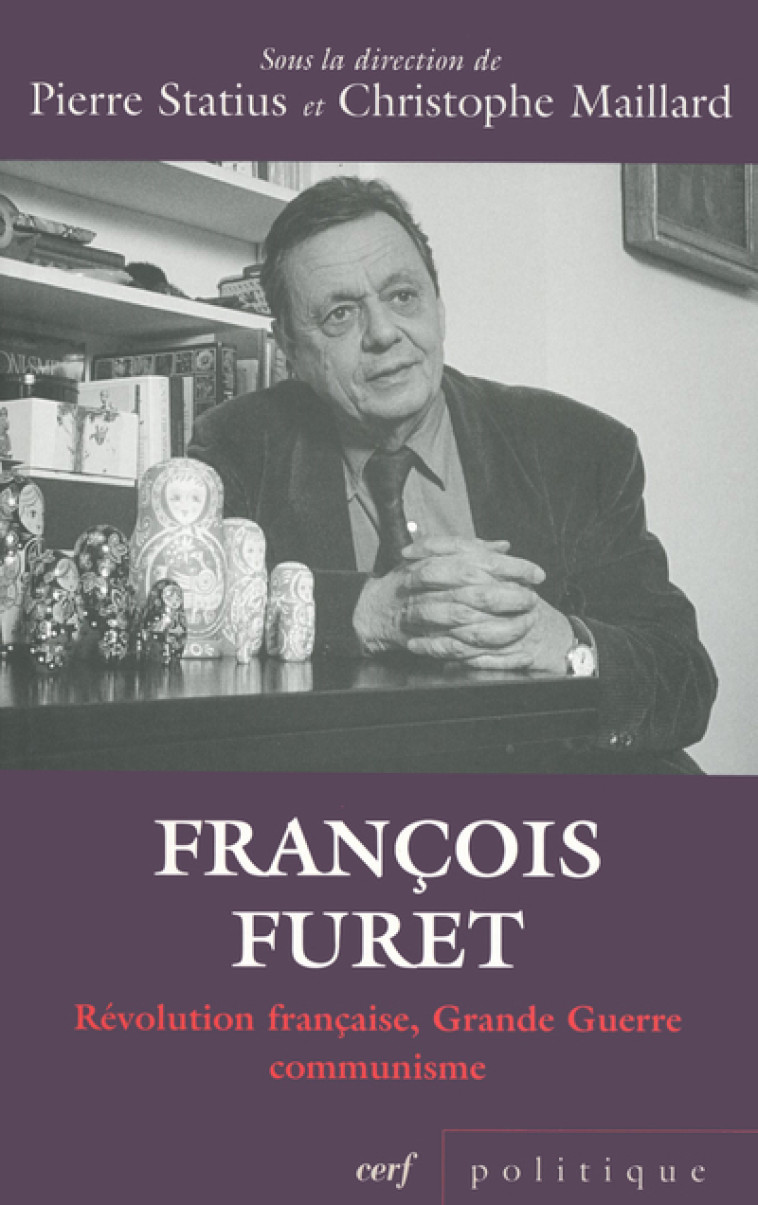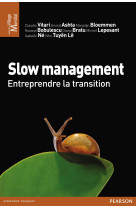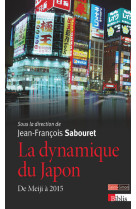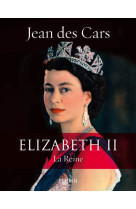François furet
Stéphane courtois
Publié en 1995, le livre de François Furet, « Le Passé d'une illusion », consacré à l'idée communiste au XXe siècle, a marqué le premier moment de réévaluation complète de l'expérience communiste, après la chute du mur de Berlin puis l'effondrement de l'URSS et du système communiste mondial. Quinze ans après, les quinze auteurs de cet ouvrage reviennent sur l'interprétation générale de l'historien de la Révolution française. Ils s'interrogent sur l'importance du modèle révolutionnaire français dans la révolution bolchevique, sur le rôle matriciel de la Première Guerre mondiale dans l'émergence du phénomène totalitaire, sur la place centrale du stalinisme dans la réflexion de François Furet et sur le parallélisme entre nazisme et communisme — avec un texte de l'historien allemand Ernst Nolte, qui avait entretenu une correspondance sur ce thème avec Furet. L'ouvrage aborde également l'oeuvre de François Furet du point de vue de la philosophie politique, envisageant successivement la lecture par Furet d'Alexis de Tocqueville, de Karl Marx et de Raymond Aron, et cherchant à situer sa pensée dans le « tocquevillisme français ». Enfin, sur le terrain de l'action politique et du commentaire politique, l'ouvrage cherche à comprendre le « libéralisme mélancolique » de François Furet, selon l'expression de Pierre Hassner.
--
Published in 1995, François Furet's Le Passé d'une illusion", devoted to the Communist ideal in the 20th century, marked the first approach to a total re-evaluation of the communist experience, after the fall of the Berlin wall, the collapse of the Soviet Union and of the world communist system. Fifteen years later, the fifteen authors of this book reconsider the historian of the French Revolution's general interpretation. They investigate the importance of the French revolutionary model in the Bolshevik revolution, WW1's matrix role in the emergence of the totalitarian phenomenon, the central pole of Stalinism in François Furet's reflection and the parallelism between Nazism and Communism, referring to a text by the German historian Ernst Nolte whose correspondence with Furet treated this theme. The author also views François Furet's work from the political philosophy angle, considering in turn Furet's reading of Alexis de Tocqueville, Karl Marx and Raymond Aron, and striving to situate his thinking within ‘French Tocquevillism'. Finally, in the domain of political action and commentary, the authors explore what Pierre Hassner called François Furet's "melancholic liberalism"."







